Nothing Ear (2025): 7 things I want to see from the follow-up to some of the best wireless earbuds around
Trust me, it ain't "nothing"!
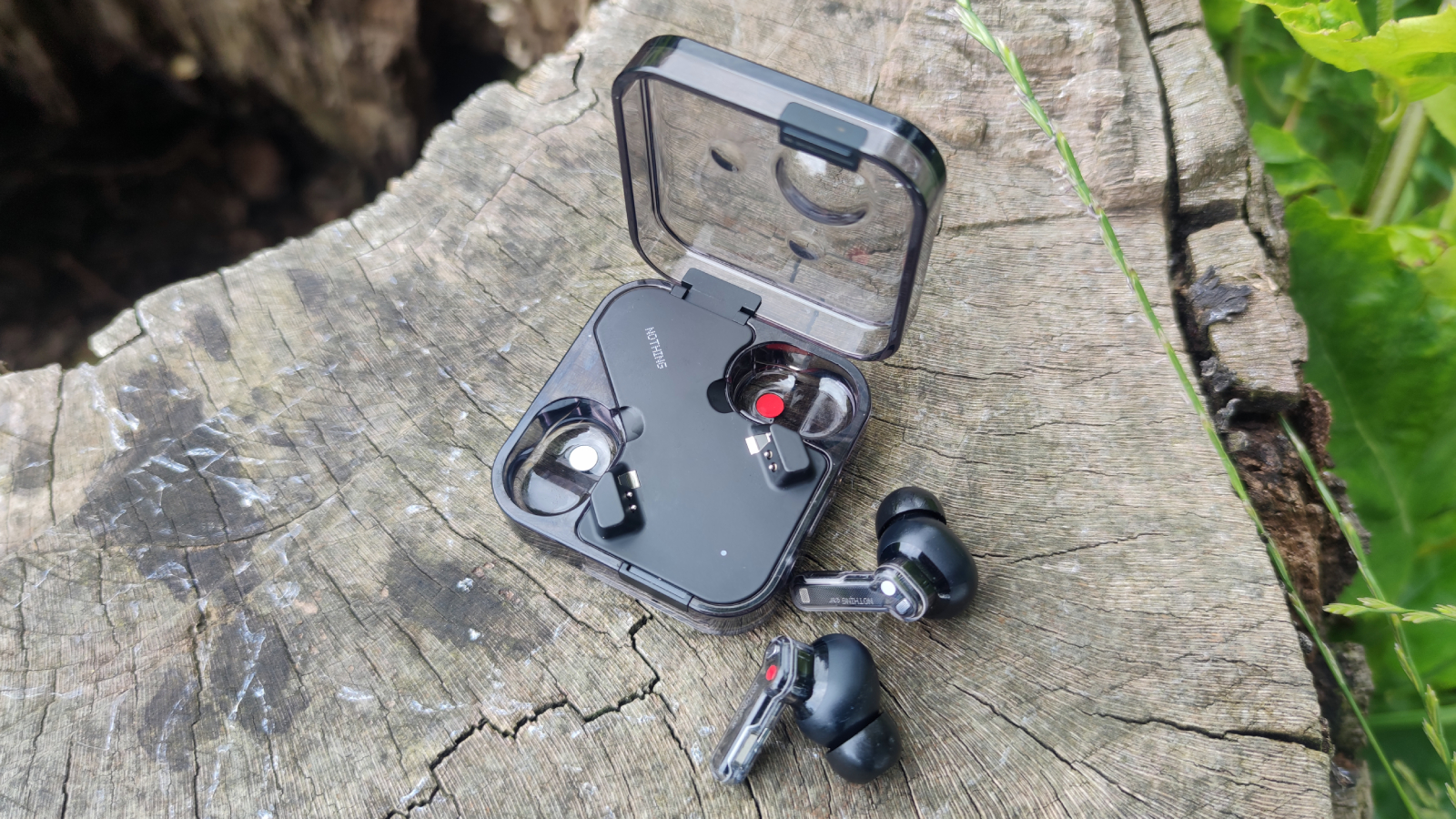
Sign up for breaking news, reviews, opinion, top tech deals, and more.
You are now subscribed
Your newsletter sign-up was successful
Even though it’s been almost a year since they released, I’ve still been going on and on about the Nothing Ear and Nothing Ear (a) as though they were the hot new gadgets in the block. But it’s time to stop dwelling on the past, even if one model does rank among the best wireless earbuds, and look to the future.
Given that it’s been releasing new earbuds ever year, a regular ol' Santa Claus of music, it seems likely that tech company Nothing will be preparing a new pair of Nothing Ear buds for 2025 – especially given that company is now pairing with British hi-fi great KEF and has several audio products planned for release this year.
The company’s been operating with an infuriating lack of a numbering system since the Ear (2), so I’m just going to call these the Nothing Ear (2025) for the purpose of making this article at least a little bit easy to read.
At the time of writing, the only hints we have about a new set of Ear-branded buds and a budget companion are the hints about the KEF tie-up. So here's what I want to see in the new buds, in the absence of any concrete leaks about features. I’ve tested both of the 2024 models – as well as the Nothing Ear (open) – and will draw on that for this wish-list.
Nothing Ear (2025): cut to the chase
- What is it? The newest generation of Nothing earbuds
- When could it launch? Likely later in 2025
- How much could it cost? Standard for around $150 / £130 / AU$250, the cheaper (a) version for about a third less
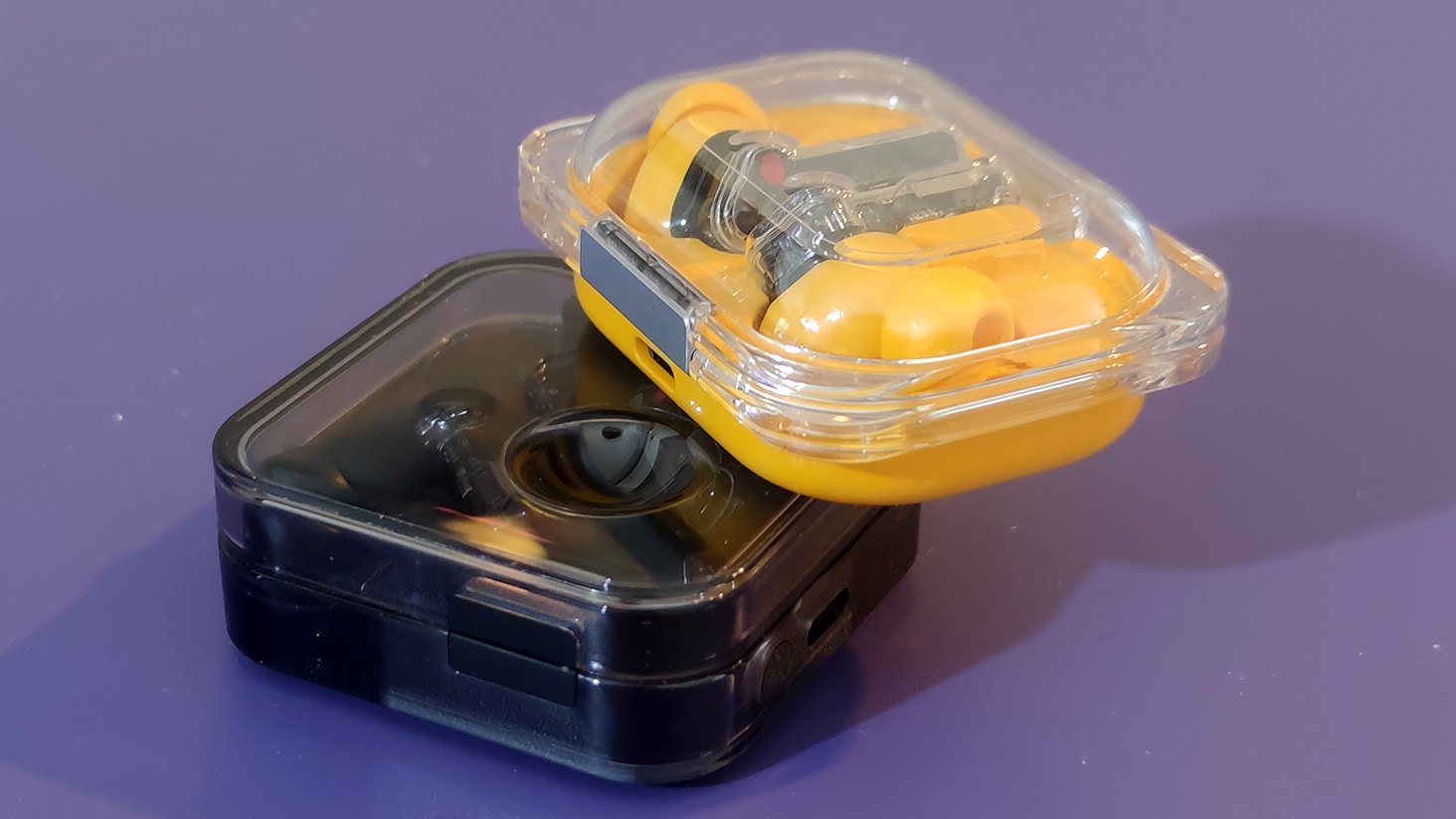
Nothing Ear (2025): price and release date predictions
So far, we've been looking at annual releases from Nothing; the Ear came out in April 2024 and the Ear (2) (which came before the Ear, despite the name) was released in March 2023.
Nothing has said that's working on a pair of over-ear headphones for release likely later this year, but hasn't said anything about new earbuds specifically – only that it has multiple new audio products coming from its partnership with KEF.
Based on the yearly cycle, I'd have expected to see the new earbuds already. It’s possible that the September 2024 release of the Nothing Ear (open) has caused the company to push its schedule by a few months, so let’s hope the new buds come in the middle few months of the year, or perhaps towards the end.
Sign up for breaking news, reviews, opinion, top tech deals, and more.
And what about price? We’ve heard nothing on that front, but Nothing hasn’t done much to change the cost of its buds between generations. The Nothing Ear cost $149 / £129 / AU$249, while the Nothing Ear (a) went for $99 / £99 / AU$192.
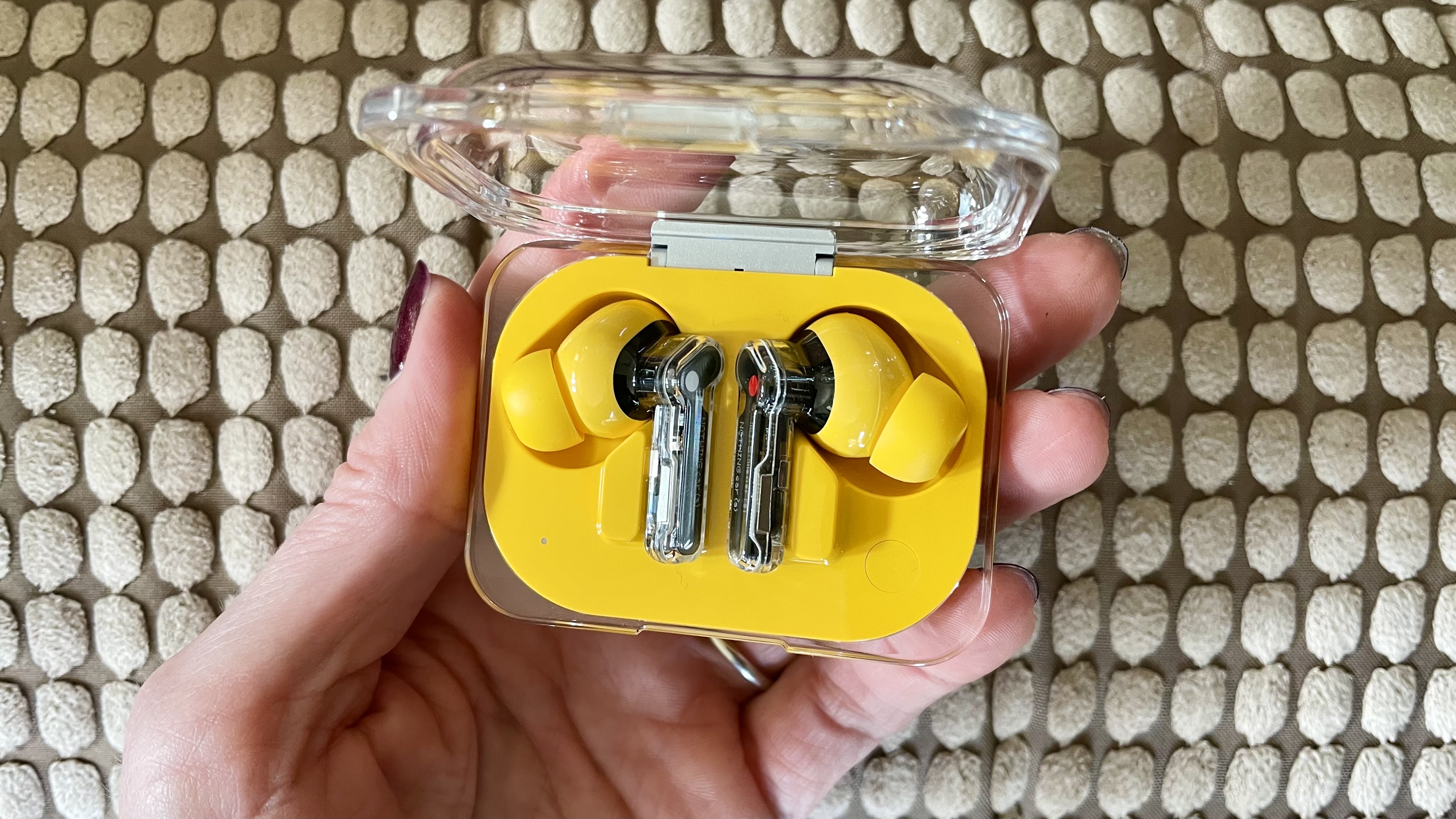
Nothing Ear (2025): what we want to see
I reviewed the Nothing Ear for TechRadar and have been using the (a) for the best part of a year now as my 'standard' earbuds. So here's what I'd love to see on a new-and-improved version of the duo:
1. A new Nothing Ear (a)
If, like me, you think the Nothing Ear (a) remain some of the best earbuds you can buy right now, you might be alarmed to know that there are no guarantees a new version of this model will return.
In fairness there’s no reason that a new Nothing Ear (a) won’t come out, but remember that 2024 was the first year we saw an (a)-style affordable alternative, following the company’s trend of (a) smartphones. So it’s not a recurring product type that’s guaranteed to return.
I hope it does, though, because the Nothing Ear (a) have become the budget headphones I compare rivals too – and some updated ones in 2025 could wipe the floor clean with the competition.
2. A longer battery life
My main gripe with the Nothing Ear in my review, which I also bump into when I’m using the Ear (a,) is that neither has a particularly impressive battery life.
For context, you get about five hours of listening with the standard model and an extra half hour with the (a) – both figures while ANC is turned on. By my personal standards, anything sub-six-hour is sub-standard – I really like to see eight hours on the spec list.
You might be wondering who listens to music for 8 hours straight – but I think you’d be surprised. That is, after all, the length of an average working day, and it’s the amount of time you might be wanting to listen if you’re travelling or working on something that requires audio.
More than once the Ear (a) have run out of juice when I’ve needed them: once on a bus ride to my hometown, another time in the afternoon of a working day.
So I’d love to see any of Nothing’s new earbuds offer a little more listening time before they run out of power.
3. Improved cases
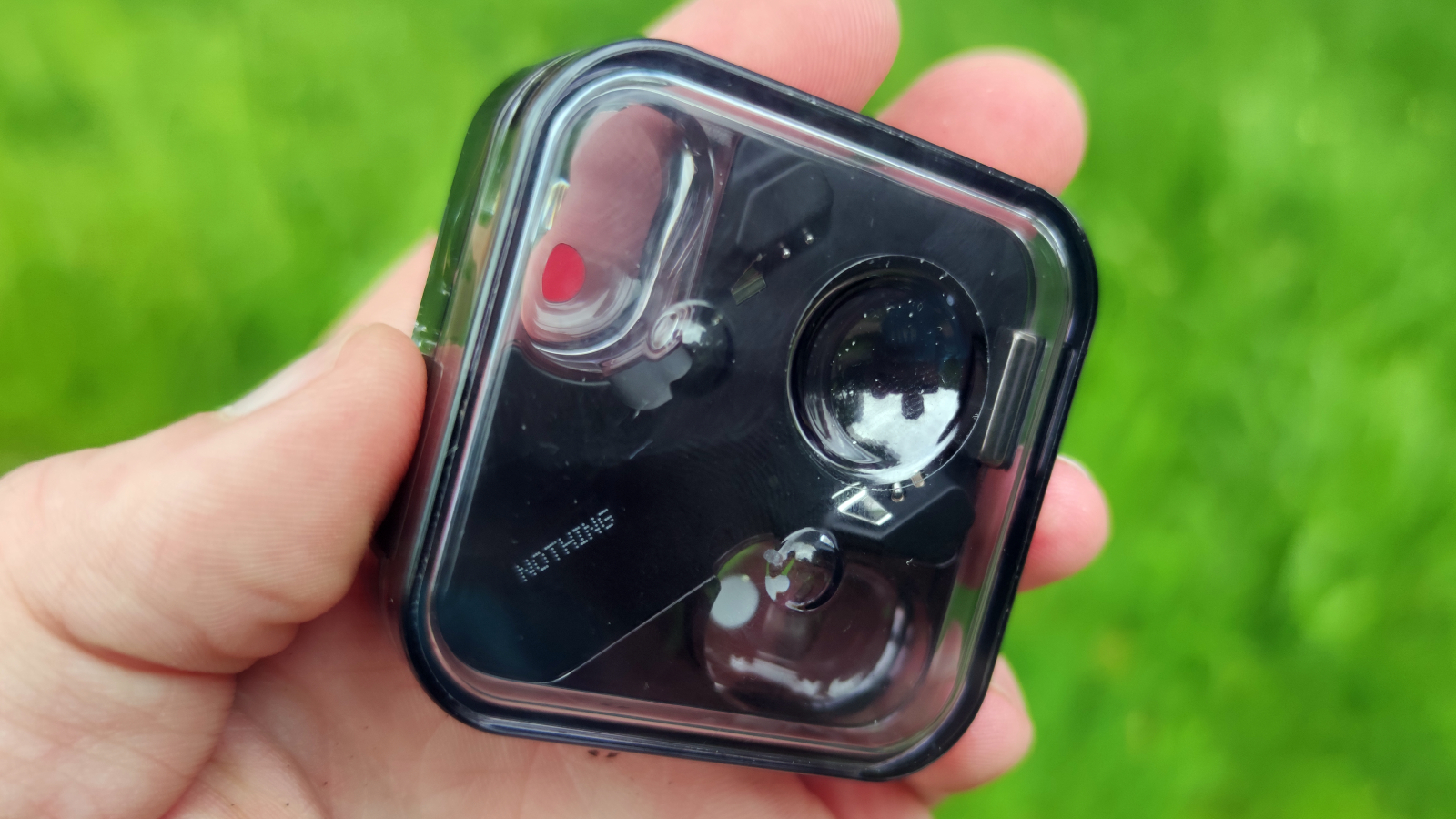
Both the Nothing Ear and Nothing Ear (a) came with cheap-feeling plasticky charging cases. I can excuse the (a)’s – the case is incredibly small, and the products are cheap themselves. But that’s not quite the case with the flagship device.
The Nothing Ear’s case creaks a little in the hand, a true symptom of cheap plastic, and it doesn’t feel particularly premium to hold. It’s just a case, you’re not meant to get too riled-up about it, but Nothing’s decision to use see-through fronts in an attempt to evoke noughties-style gadget-nostalgia shows that case design is important to it.
I’ve tested loads of much-cheaper earbuds that come with cases that feel more premium, usually due to the material or texture, for example the Sony WF-C510. Nothing should take notes.
4. A slightly higher max volume
I know the whole point of active noise cancellation, or ANC, is to allow you to hear your music without you having to do so at a hearing-damagingly loud volume. But to get pumped, you sometimes need to play your tunes loud, and neither of the 2024 Nothing Ear products allowed for that.
It’s not that I struggled to hear music (most of the time), just that the earbuds never let me turn the volume up to 11 – it’s also an issue I had with the the open-ear buds later in the year. Come on Nothing, let’s push that decibel count a little.
5. The (a) having sound profile personalization
They say beggars can’t be choosers, but I’m about to choose a premium feature I want to come to the affordable earbuds.
One major difference between the Nothing Ear (a) and its premium sibling is that the latter had a sound personalization feature – it was an easy test that created a custom audio mix based on your unique sonic sensibilities. I tried it, and I loved it.
Sure, a lack of features in the Nothing Ear (a) is the price you’re paying for… well, not paying a price. But it’s been a year – let’s let the budget buyers enjoy it now too. And maybe the higher-end model will have a new flagship feature to draw people to it.
6. Funkier colors on the top-end model
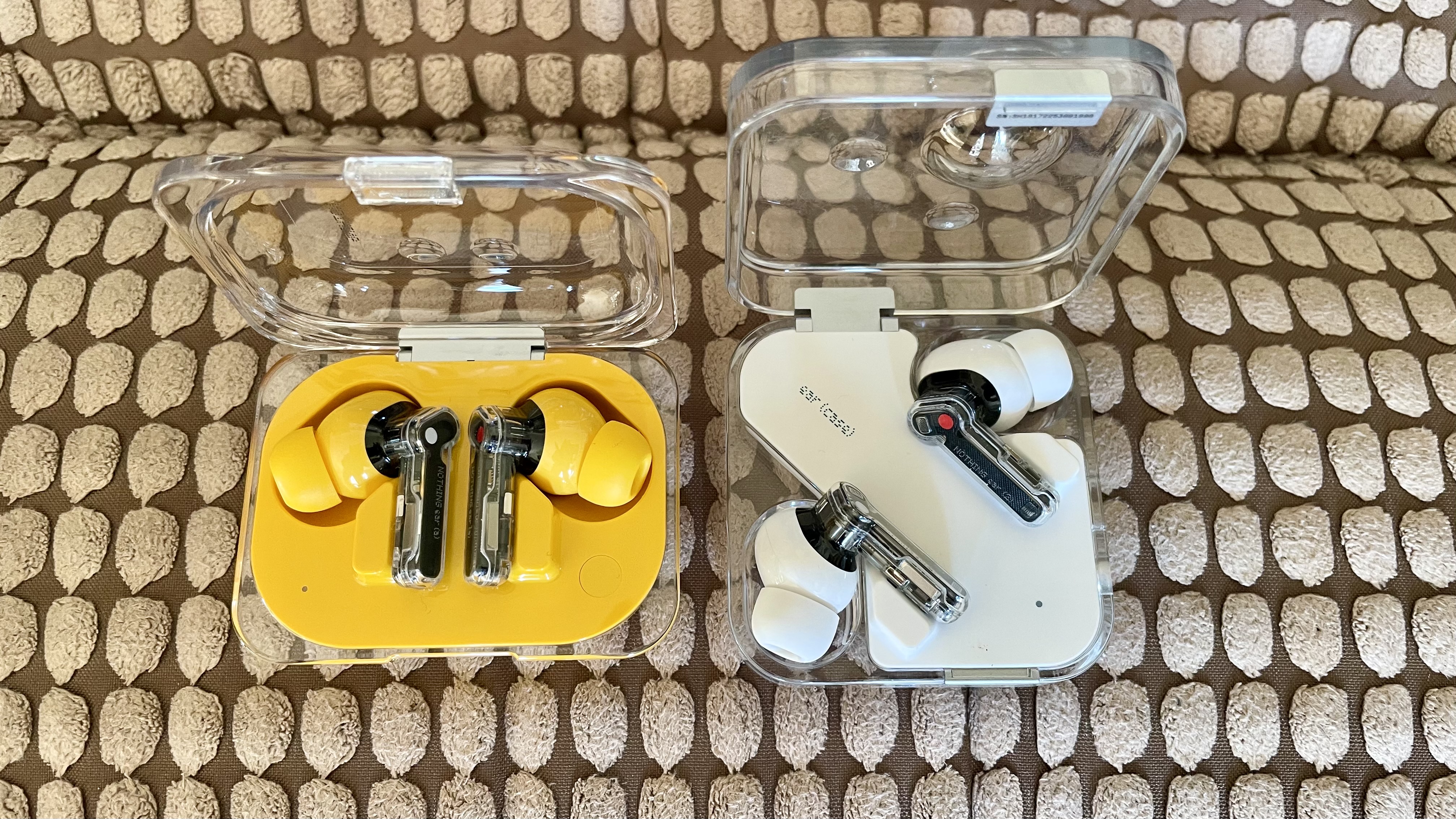
I’ve been writing about tech for over six years now, and perhaps the most common complaint I’ve made about anything is how gadgets all too often come in only two boring color options: white or black. I want some color!
Thankfully, the Nothing Ear (a) is one of the rare exceptions of funky-colored buds, coming in a yellow option that obviously I love to wear out. But if you don’t like yellow, you’re going to be left blue.
I’d love to see a few more color options (colorways, as tech nerds call them) available in future generations. Admittedly Nothing is reticent to color products, judging by its phones, but it does offer its CMF-branded gadgets in a few more vibrant hues so perhaps it’s time to take inspiration from that budget range.
7. Keep the equalizer
There’s no indication that Nothing is going to change the equalizer in its Nothing X app… but I can see why it’d want to.
The Nothing X equalizer is pretty barebones by industry standards – many rivals offer eight- or 10-band equalizers, letting you tweak your sound profile down to the wire. However Nothing offers a three-band one so you can change bass, treble and mid, and that’s it.
Many audiophiles will find this insufficient but I think that’s besides the point – a simple EQ like this is really easy to use for people who aren’t audiophiles, and it gives them a way to customize their music without having to sit through endless YouTube tutorials on what the various settings do. So I’d like to see Nothing keep this feature the same.
You might also like…

Tom Bedford is a freelance contributor covering tech, entertainment and gaming. Beyond TechRadar, he has bylines on sites including GamesRadar, Digital Trends, WhattoWatch and BGR. From 2019 to 2022 he was on the TechRadar team as the staff writer and then deputy editor for the mobile team.
You must confirm your public display name before commenting
Please logout and then login again, you will then be prompted to enter your display name.